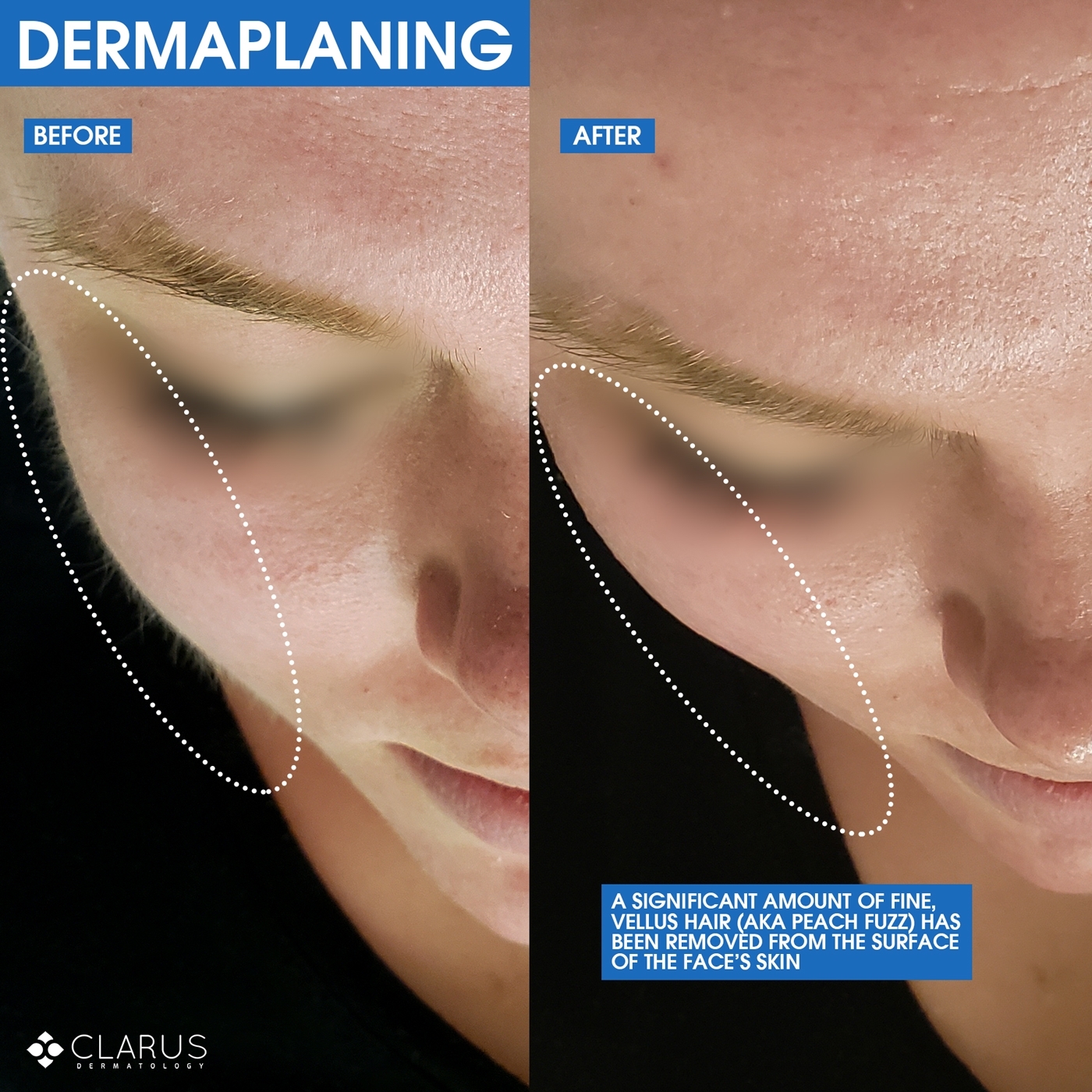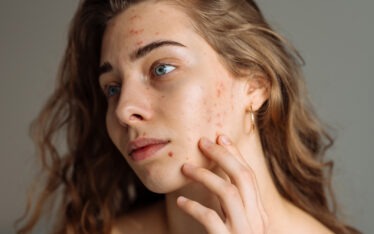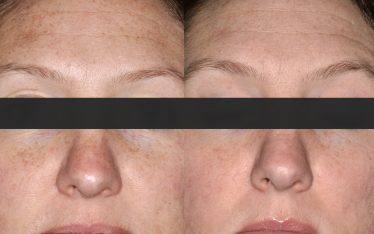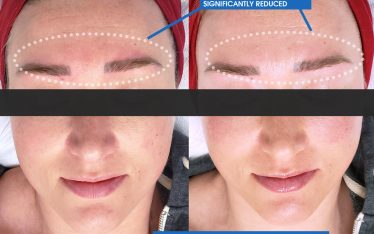Skin care tip of the week: spare the soap, spoil the skin

Skin care tip of the week: consider a non-soap makeup remover
Although people worry about irritation from their cosmetics, often times the methods used to remove the cosmetics can be what cause the problems. Soaps, scrubs and buff pads all may remove cosmetics, but also cause irritation and degradation of the skin itself. Here are a couple tips that can help you remove your makeup while reducing skin irritation:
1) Consider water. Some cosmetics can be removed with tap water alone. These substances dissolve in water and can be washed away by splashing the face with warm tap water. If you need to gently rub then use your hands instead of a washrag. Pat dry with a towel. Always avoid scrubs – your pillow and towel do just fine exfoliating your face.
2) Consider a lipid-based cosmetic remover. Most cosmetics contain fats. As you know you can’t wash fats like cooking oil off of your hands with water alone. Your choices to remove fats include: detergents and other fats. Most of the time we choose detergents to remove grease/oils/fats from our skin. However, most of these detergents also remove the good fats that our skin produces to protect itself. Lipid-based cosmetic removers use oils or fats to dissolve the lipid-based cosmetics so they can be wiped away. Products such as mineral oil can do this. A more elegant over the counter product called Albolene does the same thing.
If you decide to try a lipid-based cosmetic remover I would recommend using a cotton-tipped applicator (aka Q-Tip(R)) or 100% cotton makeup removal pad to wipe off the now-dissolved cosmetic.
One nice side-effect of a lipid-based remover is that your face is now moisturized. No additional lotion is necessary before you go to bed. Try it for a week – your skin will thank you!
-Neil A. Shah, MD, FAAD


